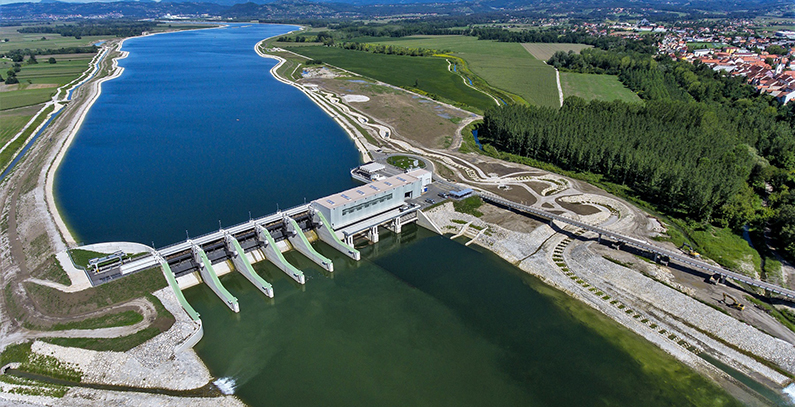You have read books, articles, blogs on contract negotiation. Or, even better, you did a real training programme. All have praised the importance of win-win negotiations. There you find yourself in your next tough negotiation. All the discussions are on limits of liability, caps for liquidated damages, rights to terminate the contract etc. Subjects where a bit more protection for one party automatically means a bit less for the other party. You hesitate. Are those articles or training courses not realistic, not worth your time & money?






